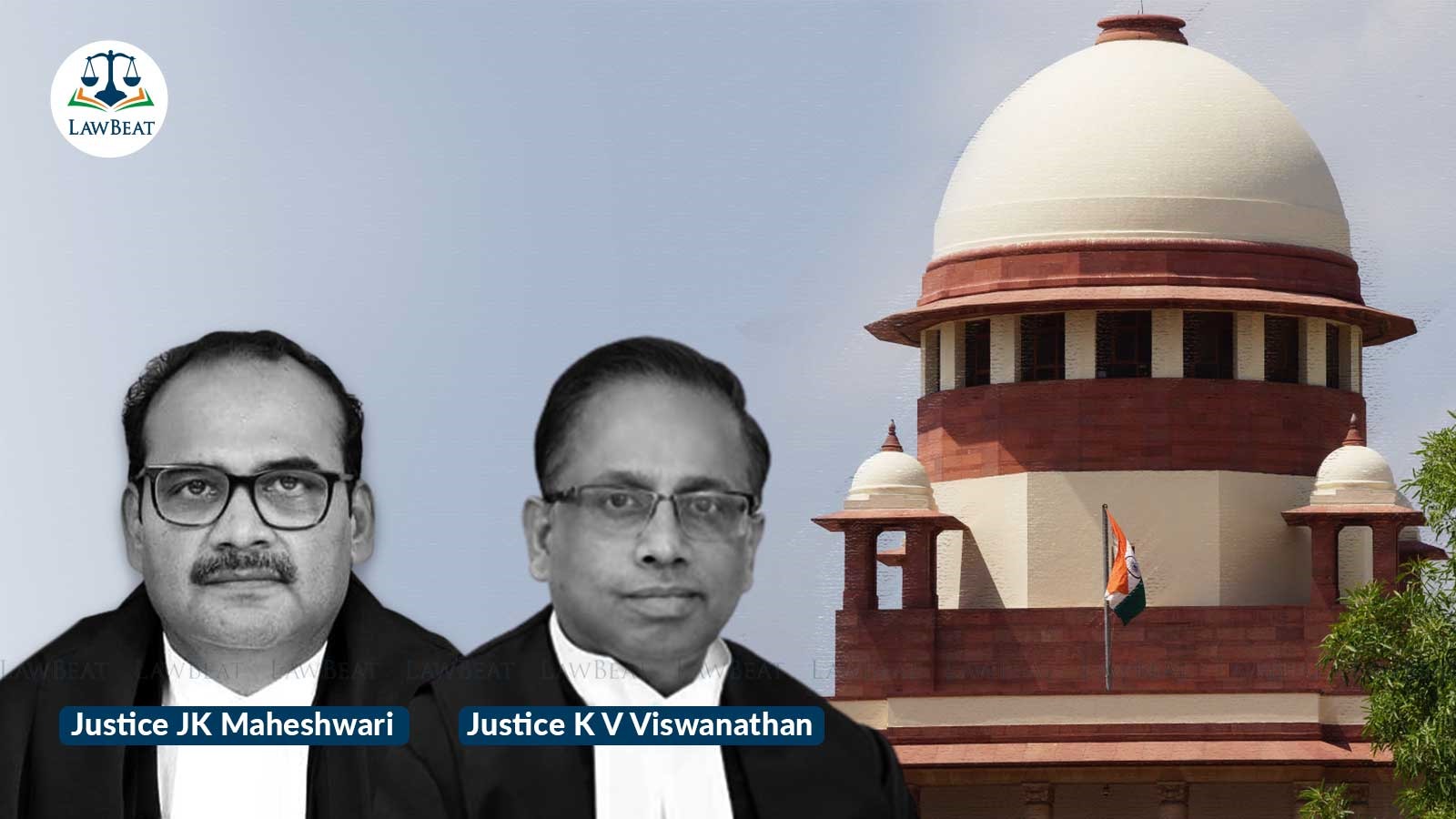Can't be denied public employment on suppression of facts of criminal case pending: Supreme Court

The Supreme Court has said that a candidate, required to disclose pending criminal case in employment form, cannot be denied public employment for suppression of material facts, if the information sought is not specific and vague in nature.
A bench of Justices J K Maheshwari and K V Vishwanathan rejected the West Bengal government's contention against a Calcutta High Court order of December 16, 2010, which has discarded a report by the Director General of Police, Intelligence Branch stating that candidate for the post of police constable, Mitul Kumar Jana had suppressed fact about a pending criminal case against him.
The High Court had referred to column no 12 of the verification roll and opined that the information sought was of arrest, detention and conviction. As per details asked in the said column, information regarding pending criminal case was not required to be furnished. Therefore, the High Court directed the state government to issue an appointment subject to the outcome of the pending criminal case.
After hearing the counsel from both the sides, the top court noted the respondent was acquitted on June 4, 2012 in the criminal case, arising out of dispute related to egress and ingress to a passage and even his name was incorrectly mentioned as 'Mridul Jana' in the FIR.
"In our considered view, the said allegations do not constitute any offence affecting moral turpitude and shall not cause any impediment for public employment to a candidate who got selected by the due process of law," the bench said.
With regard to question of suppression of material facts, the bench found that the information sought in verification roll was not specific and vague in nature and the respondent has specifically disclosed the information which was required to be furnished as he wrote 'no' in the column of arrest, detention and conviction.
"Considering the subsequent development of the clean acquittal of respondent for the petty offences, it requires consideration objectively by the authority, about the question of fitness, ignoring the issue of suppressing the information. Even in case where the information regarding pending criminal case is truthfully furnished and on acquittal therein, an employer has the discretion to consider the antecedents while issuing the letter of appointment," the bench said.
Relying upon the Supreme Court's judgement in landmark 'Avtar Singh Vs Union of India and others' (2016), the apex court said the High Court could not have directed the issuance of the letter of appointment, which is required to be left on the discretion of the employer and the High Court ought not to have taken away the said discretion.
"We confirm the findings on the issue of suppression of material information. As the respondent was not involved in heinous/serious offence or any offence involving moral turpitude, and the fact that in the said criminal case he has been honourably acquitted, therefore, modifying the order of the High Court, we direct the appellant to consider the case of the respondent and issue order of appointment to the post of constable in West Bengal Police Force within a period of four weeks," the bench said.
The court asked the authorities to exercise their discretion judiciously in assessing the suitability and antecedents of the prospective candidate.
It also clarified that in the event of issuance of the order of appointment, the respondent would only be entitled to notional benefits including continuity in service and pay fixation at par with other similarly situated persons and he would not be entitled for salary and back wages till the date of his appointment.
Case Title: State of West Bengal & Ors. Vs. Mitul Kumar Jana
Click here to read judgment
